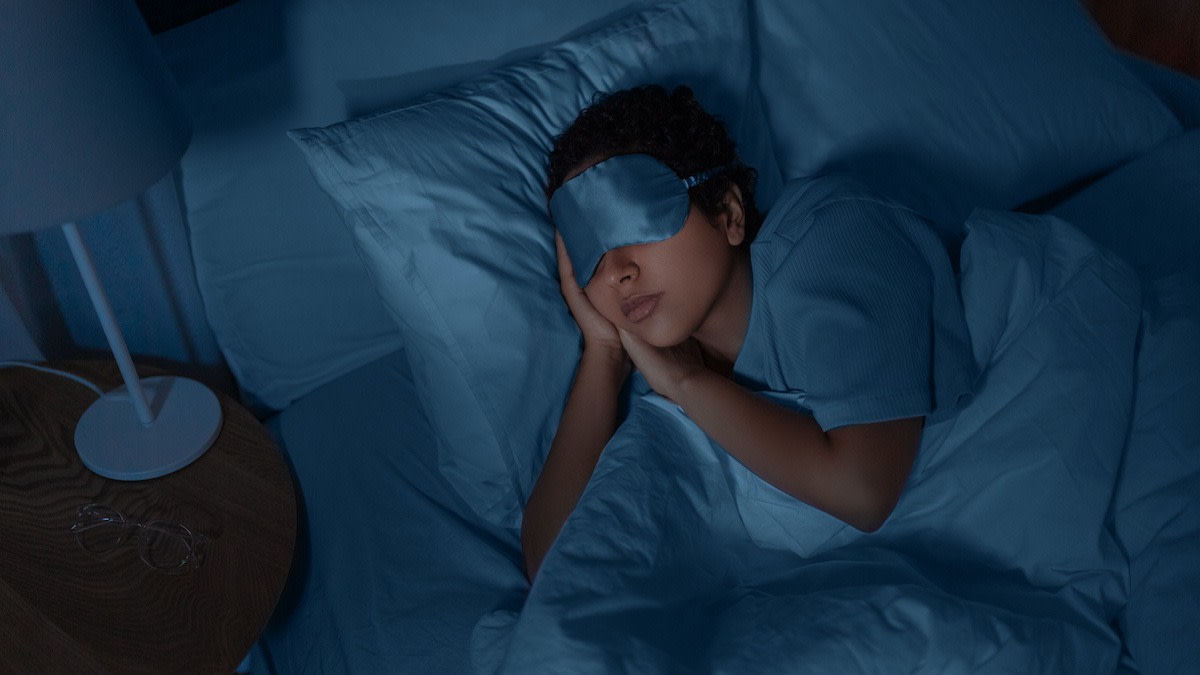How to Stay Cool While Sleeping: 9 Tips to Cool Down at Night
Written by MasterClass
Last updated: Mar 7, 2022 • 3 min read
Discover ideas for how to stay cool while sleeping, including methods like wearing loose-fitting clothes, using thinner and lighter bed sheets, and taking a cold shower before bed.
Learn From the Best
3 Factors That May Make It Too Hot to Sleep
Here are three reasons you might have a hard time regulating your temperature at night:
- 1. Your bedding: If you’re especially prone to overheating at night, purchase thinner bed sheets or a lighter mattress topper. Thick bed sheets trap in body heat and are better suited for the cooler winter months. Switch to lighter bed sheets in the summer months, especially during a heatwave or very hot night.
- 2. The room temperature: If you have weak air conditioning or poor airflow, your room may be too hot. Investigate if other factors are raising the temperature in your room; for example, blackout curtains could be trapping in warm air.
- 3. Health conditions: Night sweats are different from sweating at night. Occasionally sweating at night results from environmental factors, like a heavy blanket, tight-fitting pajamas, or a hot bedroom. Removing the blankets, wearing looser pajamas, and using a box fan or ceiling fan to encourage air circulation can usually remedy the situation. However, night sweating is typically associated with an underlying medical condition. The extreme perspiration from night sweating can permeate clothing and even bedding.
How to Stay Cool While Sleeping: 9 Tips
Hot sleepers can struggle to cool down enough to get high-quality sleep. However, a few minor adjustments to your sleep environment can make a big difference. The following tips can help you lower your core body temperature and get a good night’s sleep even on a hot summer night:
- 1. Avoid tight-fitting clothing or pajamas. Wearing skin-tight clothing to bed can trap hot air and excess heat against your body. Consider looser-fitting sleepwear that offers better breathability.
- 2. Buy a cooling mattress or cooling pillow. Some pillows or memory foam mattresses feature cooling technologies that allow better air circulation and temperature regulation. You can also experiment with different pillowcase and sheet fabrics, such as cooling Egyptian cotton sheets.
- 3. Drink a glass of cold water. Keep a glass of water with ice cubes or a cold water bottle next to your bed. Drinking a cold glass of water right before you sleep helps lower your core body temperature.
- 4. Keep a window open to get a cool breeze. While you can always get cool air in your bedroom from an air conditioner, an open window increases air circulation and can promote a cold cross-breeze (while also reducing your electric bill).
- 5. Limit alcohol, caffeine, and spicy foods. These substances can cause your body temperature to increase dramatically, which can make you feel feverish or sweat profusely. Avoid alcohol, caffeine, and spicy foods—especially two to three hours before bed—to limit their effects during sleep.
- 6. Take a cold shower before bed. A cool shower or even a luke-warm shower before bed can help to cool you down before you sleep by lowering your body temperature.
- 7. Try meditation techniques. Meditation can reduce your heart rate and lower your body temperature to a manageable level. Consider employing meditation tactics like breath control, muscle relaxation, and gentle stretching before bed.
- 8. Turn down the thermostat. Bring your thermostat to a lower level at night, especially if you run hot in your sleep.
- 9. Use an ice pack. Put ice in a plastic bag or get your ice pack from the freezer. Wrap it in a washcloth and keep it on your head, feet, or body to provide a cooling effect during the night.
Want to Learn More About Catching Those Elusive Zs?
Saw some of the best darn logs of your life with a MasterClass Annual Membership and exclusive instructional videos from Dr. Matthew Walker, the author of Why We Sleep and the founder-director of the Center for Human Sleep Science at the University of California, Berkeley. Between Matthew’s tips for optimal snoozing and info on discovering your body’s ideal rhythms, you’ll be sleeping more deeply in no time.
